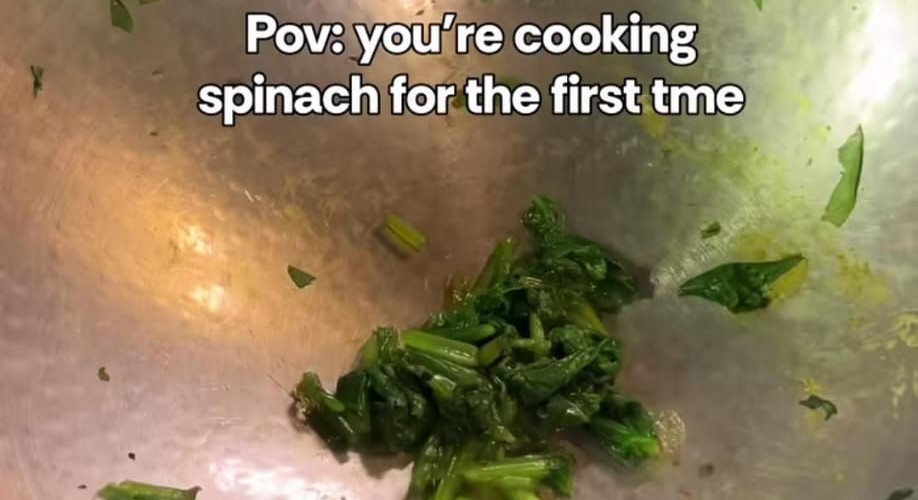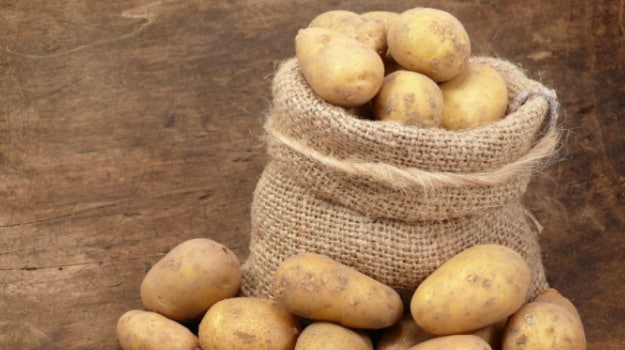From pigging out on potatoes to eating clay, wacky diets abound. Some even work, but do they do more harm than good? We asked the experts
January is peak wacky diet time, largely because many of us gain weight over the festive period. According to the New England Journal of Medicine, average weight gain is only 0.48kg (just over 1lb), but the bad news is that most of us never lose it, so get inexorably fatter each year.
As Peter Emery, professor of nutrition at King's College London, says: "The only science behind dieting is that you have to eat less if you want to lose weight. Any diet that helps people eat less can be helpful, for example by promoting satiety or suppressing hunger. A lot of these type of diets work by making eating difficult."
So as skinny celebs endorse detox, sugar-free or high-fat diets or extol the virtues of clay, potatoes - or injecting urine - we look at whether these diets are helpful or downright dangerous.
The sugar-free diet
The sell:Davina McCall's book, Davina's 5 Weeks to Sugar Free promises what it says on the cover. It is sensible stuff with an emphasis on cutting out processed, refined sugars and simple carbohydrates such as white bread, and swapping foods that have a high glycaemic index (GI) rating for foods that have a low GI rating. (The index is a ranking of carbohydrate-containing foods based on the overall effect on blood glucose levels.) Foods with a lower GI are preferable as the carbohydrates in them break down more slowly and release energy more gradually.
The expert view: Sensible enough, though Tam Fry, spokesman of the National Obesity Forum, warns that the key to fighting obesity is prevention, starting in childhood: "Twenty-four per cent of four-year-olds are overweight or obese, and 82% of these fat kids will become fat adults." More radical variants of low-sugar diets also advocate cutting out fruit, but Dr Rosalind Miller, nutrition scientist at the British Nutrition Foundation, says: "Fruits provide us with a number of important nutrients such as vitamin C and fibre, as well as natural plant compounds such as polyphenols."
The potato diet
The sell: Lord Byron reputedly lost 5st (31.75kg) in five years by eating potatoes drenched in vinegar. Unfortunately, he died at 36 of a fever so we don't know whether he would have kept the weight off. More recently, Chris Voigt, executive director of the Washington State Potato Commission, ate 20 potatoes a day for 60 days, losing 9.5kg and improving his glucose and cholesterol levels to boot. Potato fans say they are filling, contain a good range of nutrients and have a low glycaemic index.
The expert view: Dr Miller says that, although starchy foods are a good source of energy, "variety is the key and eating excessive amounts of potatoes without including a range of other starchy foods is very unlikely to provide all the nutrients your body needs".
The clay diet
The sell:Shailene Woodley, 22-year-old star of Divergent, is a cheerleader for the diet, which involves stirring edible clay, such as bentonite, into water to drink. "Clay is great for you because your body doesn't absorb it, and it apparently provides a negative charge, so it bonds to negative isotopes. And, this is crazy: it also helps clean heavy metals out of your body," she says. It may seem churlish to question how a negatively charged particle would bond to a negative isotope (whatever that is), but Woodley doesn't claim to be a scientist. The manufacturers say montmorillonite in clay acts as an ion-exchange substance so that heavy metals such as lead and mercury are absorbed and excreted.
The expert view: We can excrete potential toxins perfectly efficiently in urine, stool and bile without needing to eat clay. The Food Standards Agency has even issued a warning, especially to pregnant women, about the dangers of eating clay-based products, as high levels of lead and arsenic were found in online products.
The high-fat diet
The sell: Kim Kardashian reportedly got in shape on a high-fat, low-carbohydrate diet, also known as the ketogenic diet. It mimics fasting in which the body burns fat rather than carbs to produce energy. Burning fat produces ketones, though it isn't clear whether low-glucose levels or high levels of ketones have an anti-inflammatory effect that may help a range of conditions from obesity to dementia.
The expert view: Eating too much fat can cause weight gain, raise cholesterol levels and cause heart disease. There have been reports that eating bilberries can offset these disadvantages, but the studies were done on mice and the claims seem rather fanciful.
The urine diet
The sell: Drinking your own urine is an ancient yogic practice. The claim is that, combined with a strict diet and exercise regime, urine slows ageing, prolongs life and prevents wrinkles and grey hair. A diet that restricts calorie intake to 500 a day, combined with daily injections of urine from pregnant women, apparently led to a weight loss of 0.45kg a day. Urine from pregnant women contains the hormone BHCG, which may speed up your metabolism. The source of this study was a Boston TV station, with no published scientific literature to back it up.
The expert view: Not surprisingly, doctors advise against injecting urine as it is potentially dangerous, with no validated studies to justify its use. If you eat as little as 500 calories a day, you will lose weight regardless. Drinking your own urine is counterintuitive; the minerals in your urine are excreted because you don't need them. If you did, your kidneys would hang on to them.
Image via Thinkstock










